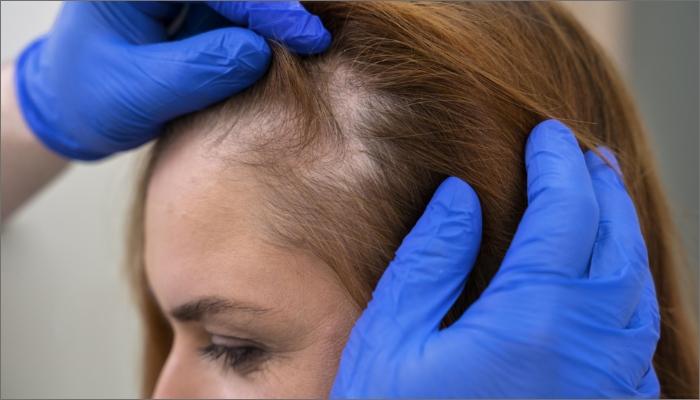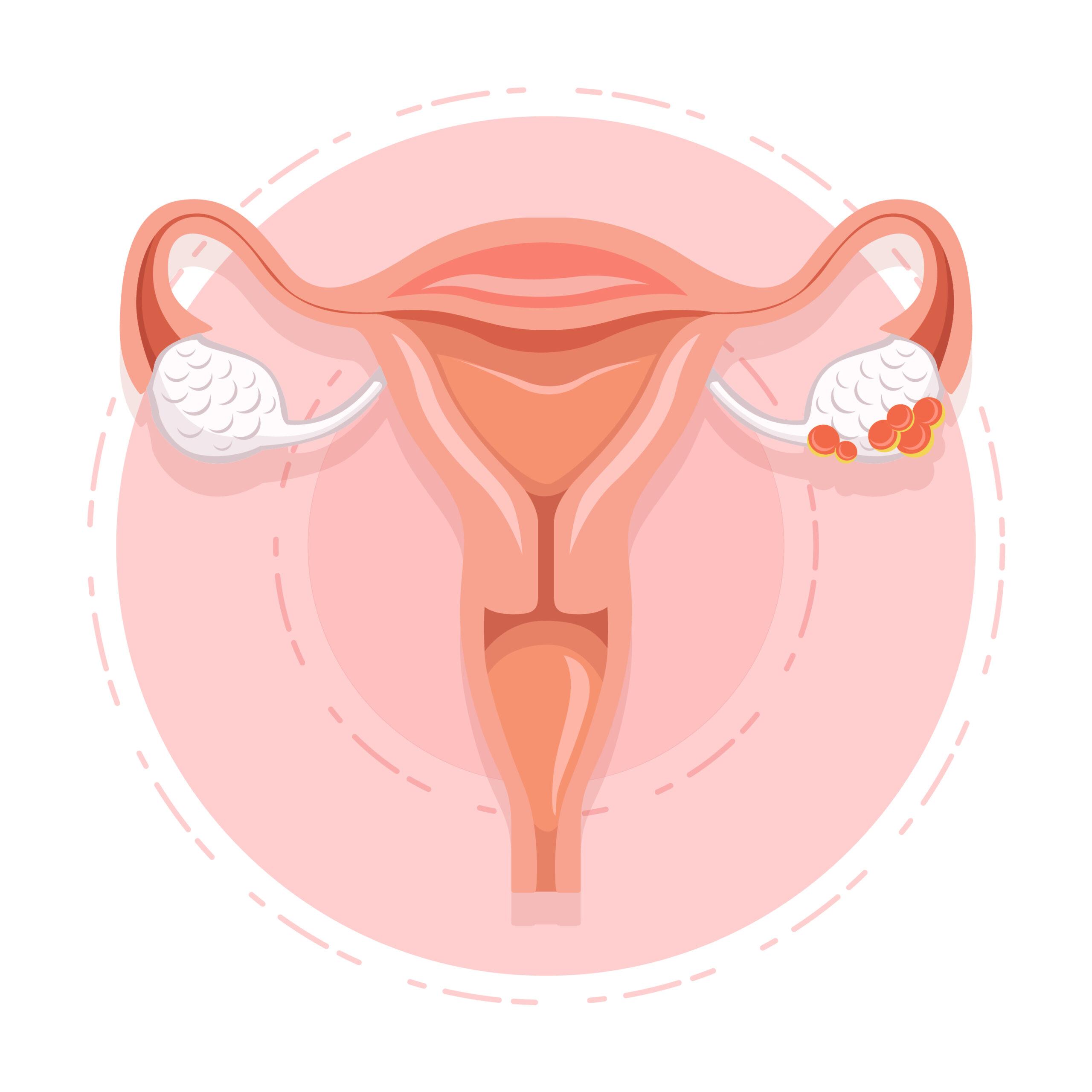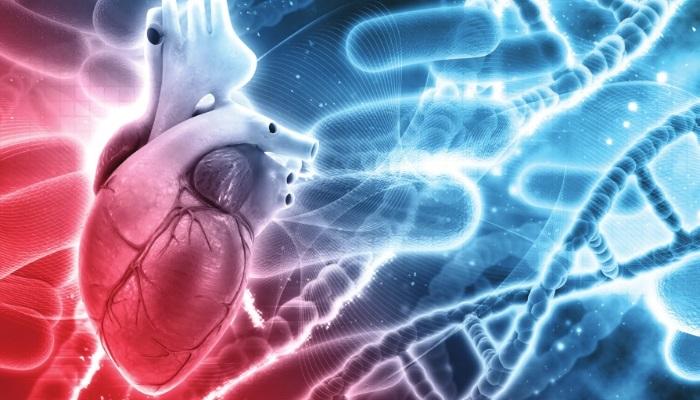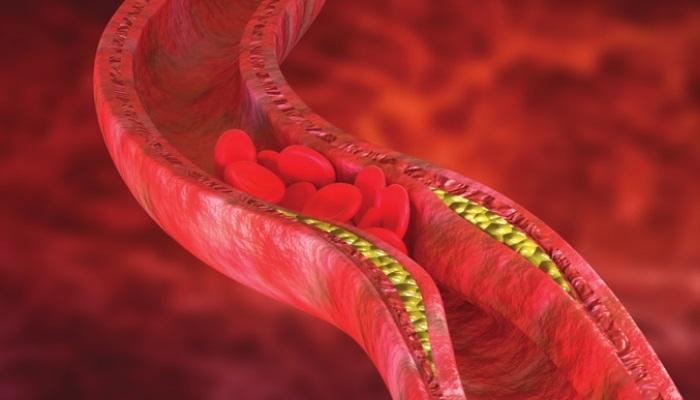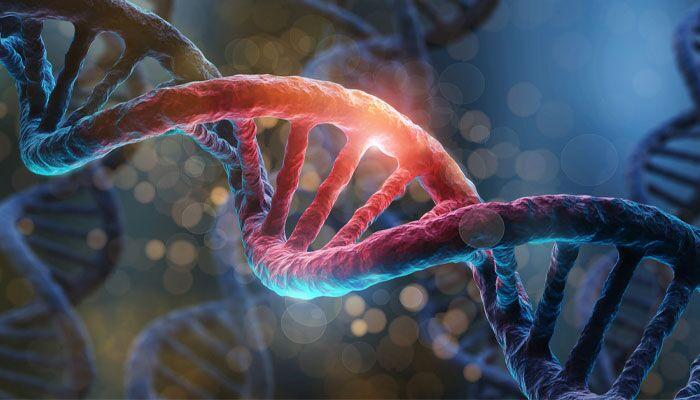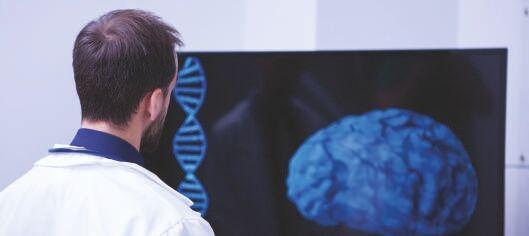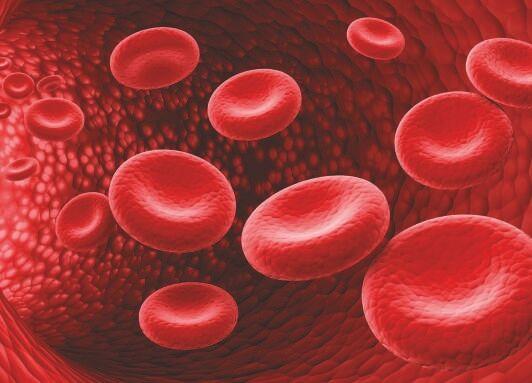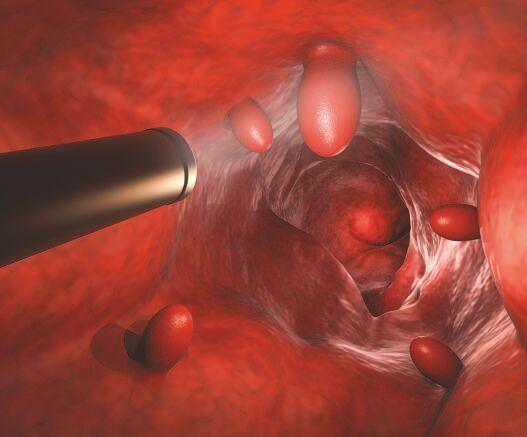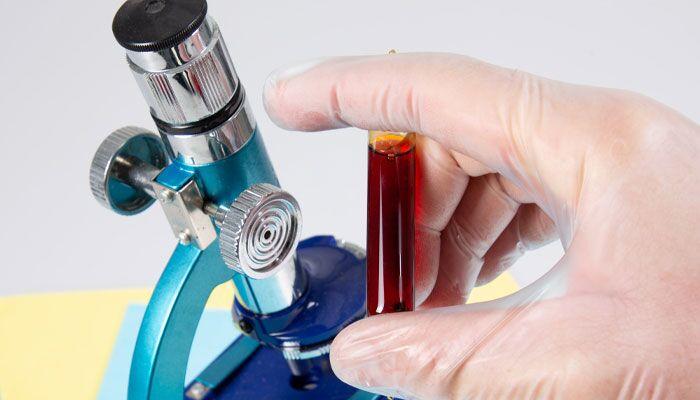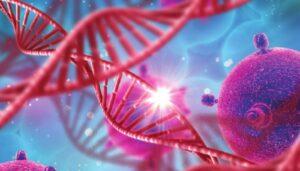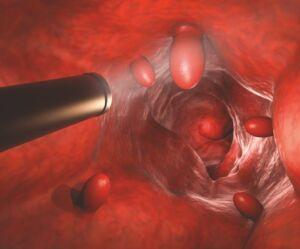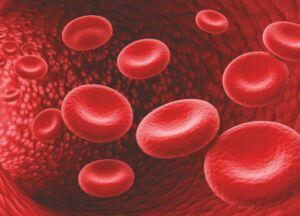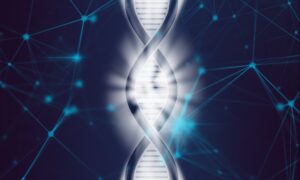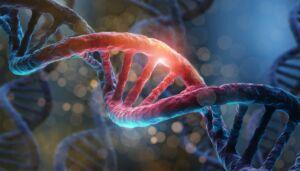
Role of Genetics in Psychiatric Disorders

Understanding how the human mind works has always been intriguing to the medical fraternity. It’s over a decade now that psychiatric genetics has taken a strong foothold in terms of gaining an insight into the heritability aspect of mental disorders. Almost all the major psychiatric disorders have a heritable component to it. Psychiatric disorders tend to aggregate and run in families.
Psychiatric disorders can be categorized under anxiety disorders, mood disorders, psychotic disorders, developmental disorders, sleep disorders, and eating disorders. Few examples of disorders under these categories include schizophrenia, major depressive disorder (depression), sleepwalking, bipolar disorder, autistic spectrum disorder (ASD), anorexia nervosa, and many others. None of these disorders have a totally 100% genetic predisposition, rather they are influenced by many environmental factors also.
Here we would highlight only those psychiatric disorders which stand a high chance of heritability and run in families from one generation to the next.
Schizophrenia
This psychiatric disorder is said to have up to 70-80% genetic heritability. Having a first-degree relative who suffers from schizophrenia, significantly increases the chances of developing the same later on in life. Since this mental disorder can start due to various environmental factors, it becomes difficult to assess whether it sets in due to genetic causes, environmental conditions or a cumulative effect of both.
In DiGeorge syndrome, there are copy number variants (CNVs), with deletions of around 50 genes that includes 17q12 and COMT microdeletion. These are known to contribute to a high risk of developing schizophrenia. Studies have shown that SETD1A, DPYD, TAF13, LAMA2, TRRAP, VPS39, and ARC are certain genetic mutations known to cause schizophrenia.
The most widely associated genetic mutation causing schizophrenia is DISC1 (which is disrupted in schizophrenia 1) which was first identified in a Scottish family having that disease. However, genome-wide association studies (GWAS) has not shown any strong links between DISC1 and schizophrenia.
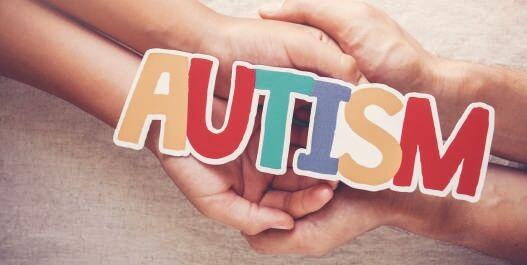
Bipolar Disorder
This is by far one of the most highly genetically inherited mental disorders, affecting nearly 1-4% of the population.
Bipolar disorder is marked by significant mood changes, ranging from periods of depression to abnormally elevated mood levels (hypomania/mania). Like schizophrenia, environmental factors play a role in the onset of bipolar disorder, around 70-90% of all cases are due to genetic reasons.
Specific single nucleotide polymorphisms (SNPs) and genetic mutations that occur within TRANK1, ANK3, SHANK2, CACNA1C, GNG2, NCAN, TPH2, ODZ4, and ITPR2 have been identified as the likely reasons behind inheriting bipolar disorder. These may either be passed down from parents to offspring or forms de novo at the time of development.
Autistic spectrum disorder (ASD)
Conclusion
Many of the epigenetic changes, polymorphisms, and mutations that occur in ASD, are also seen in schizophrenia, bipolar disorder and other mental illnesses as well. This is known as cross disorder association. Such genes are said to have a pleiotropic effect, meaning a single gene can have multiple effects. An example of a pleotropic gene is RBFOX1. This gene is a regulator gene that plays a role in the development of voltage-gated calcium channel and neuronal NMDA-receptors.
In a nutshell, psychiatric disorders such as schizophrenia, bipolar disorder, and ASD have a strong genetic basis of being directly inherited from either of the affected parents or develop de novo.
- Lack of awareness
- “Family First” attitude
- Reluctance to visit a doctor
References
- Daniel H. Geschwind and Jonathan Flint. Genetics and genomics of psychiatric disease. PubMed. September 4, 2015. https://www.ncbi.nlm.nih.gov/pmc/articles/PMC4694563/. Accessed on 13 October, 2022.
- Dr. Osman Shabir. The Genetics of Mental Disorder. News Medical. https://www.news-medical.net/health/The-Genetics-of-Mental-Disorder.aspx. Accessed on 13 October, 2022.
- Jordan W. Smoller. The American Journal of Psychiatry. https://ajp.psychiatryonline.org/doi/10.1176/appi.ajp.2019.19060643. Accessed on 13 October, 2022 . In a nutshell, psychiatric disorders such as schizophrenia, bipolar disorder, and ASD have a strong genetic basis of being directly inherited from either of the affected parents or develop de novo.






